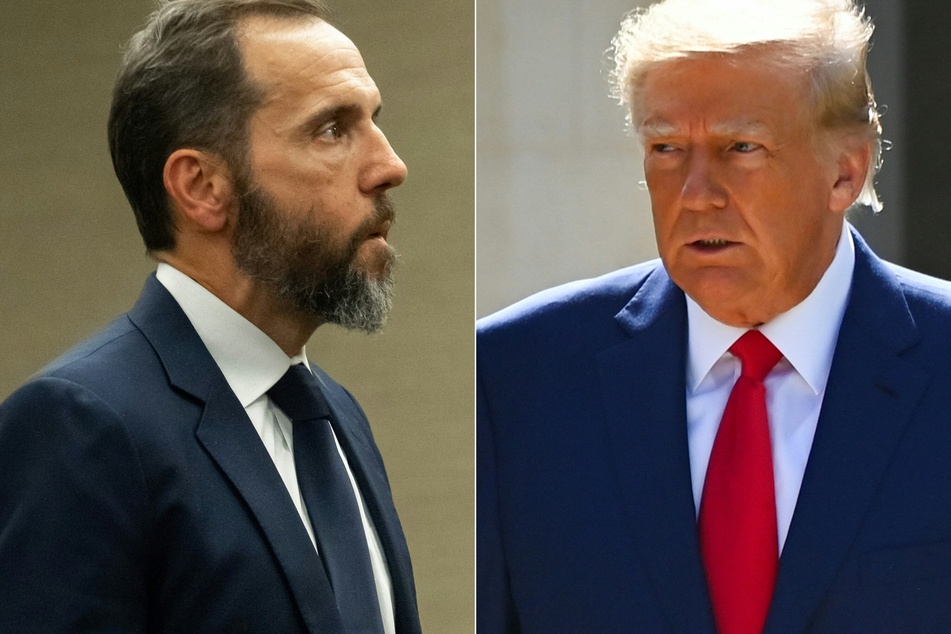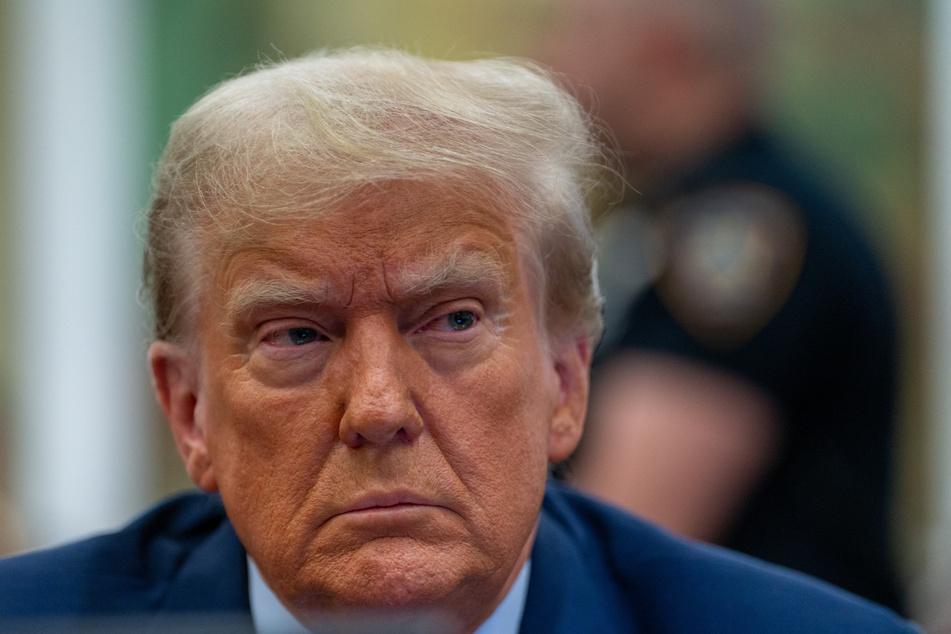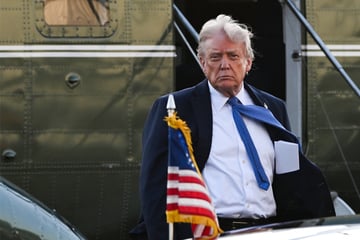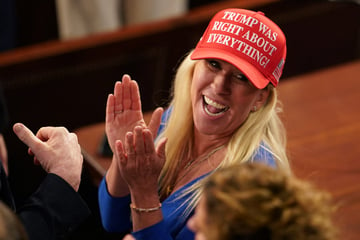Trump gag order for 2020 election case debated in appeals court
Washington DC - Lawyers for Donald Trump were met with skepticism Monday as they urged an appeals court to revoke a gag order in his election interference case. The judges did appear inclined to narrow the wording to safeguard his right to criticize his prosecution, however.

Judge Tanya Chutkan, overseeing the federal case against the former president in Washington for an alleged criminal conspiracy to overturn the 2020 election, restricted statements that "target" prosecutors, court personnel, and witnesses.
The order sought to put an end to incendiary remarks against individuals by Trump – who has repeatedly called chief prosecutor Jack Smith "deranged" and his colleagues "thugs" – and to stop the former president from publicly attacking potential witnesses.
Chutkan did recognize Trump's right to criticize his successor Joe Biden, whom the Republican frontrunner will likely face as he bids for a return to the White House in next year's presidential election.
But Trump argues that the gag order, currently temporarily lifted during his appeal, runs up against First Amendment protections guaranteeing free speech.
His lawyers say the restrictions on him in the trial, set to start in March, will have an undue influence on his 2024 campaign.
"There's a balance that has to be undertaken here, and it's a very difficult balance in this context," one of the three judges on the appeals panel said, summarizing the stakes of the Washington hearing, which lasted more than two hours.
"And we certainly want to make sure that the criminal trial process and its integrity and its truth-finding function are protected. But we've got to use a scalpel here and not step into really sort of skewing the political arena."
Trump's lawyer, John Sauer, argued that even the smallest restriction on his client's expression would be unconstitutional unless based on "extraordinarily compelling" evidence of damage to the integrity of the trial, and the risk of repeated harm.
"There is near complete overlap between the issues in the case and the issues in the political campaign," he said.
Prosecutors accuse Trump of ad hominem attacks against potential witnesses

The government argues that, while there is no problem with Trump broadly criticizing his case and the institutions involved in his prosecution, he should not be allowed to go after individuals.
Prosecutors say some of the Republican's statements about his trial "consist of ad hominem attacks using inflammatory language likely to arouse angry or violent feelings in the listener, rather than reasoned argument."
Prosecutor Cecil VanDevender highlighted a "very clear" pattern showing that incendiary personal attacks by Trump led to "threats, intimidation" against his targets by supporters of the ex-president.
The panel suggested that the distinction was sometimes tenuous, noting that the case – one of four criminal prosecutions faced by Trump – is sometimes referred to as the "Jack Smith" trial.
The judges also drilled into the prosecution's position that Trump should be banned from assailing potential witnesses, pointing out that this could deny him the right to respond to public criticism by well-known opponents such as former Trump administration officials.
To clarify the restrictions, Chutkan cited a post that Trump made on his Truth Social website questioning whether his former chief of staff Mark Meadows took an immunity deal to testify against him, saying only "weaklings and cowards" would do so.
The judge said that sort of speech should be restricted.
The debate Monday also focused on the exact definition of the word "target" – described as "vague" by the defense.
The timetable for a decision is unclear but no ruling on the gag order is expected Monday.
Cover photo: SAUL LOEB, EVA MARIE UZCATEGUI / AFP

